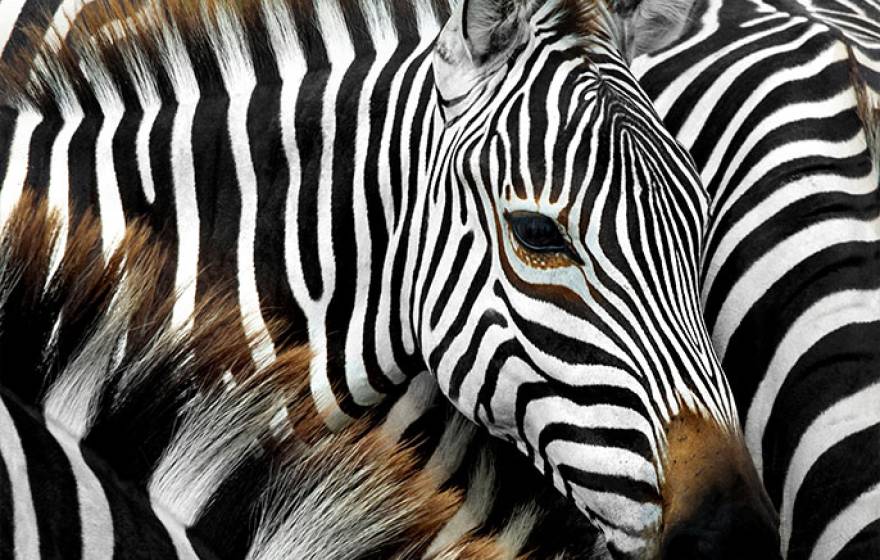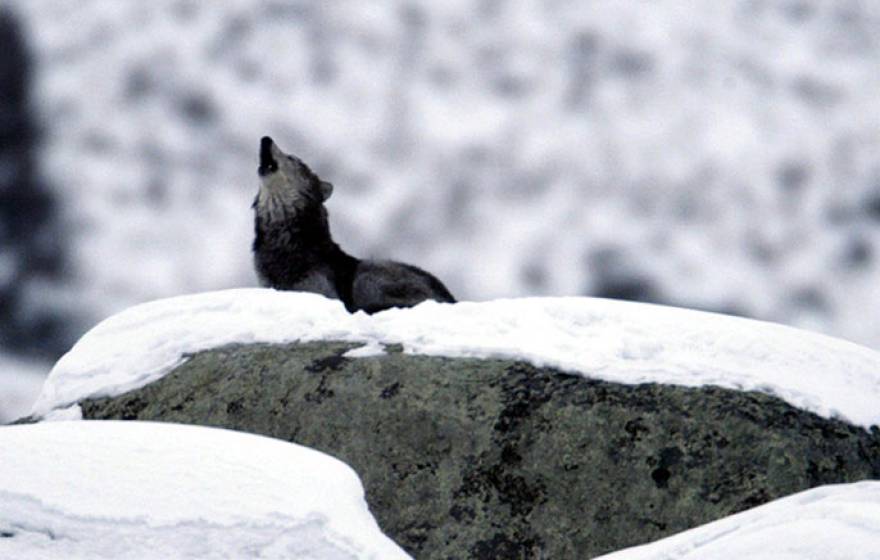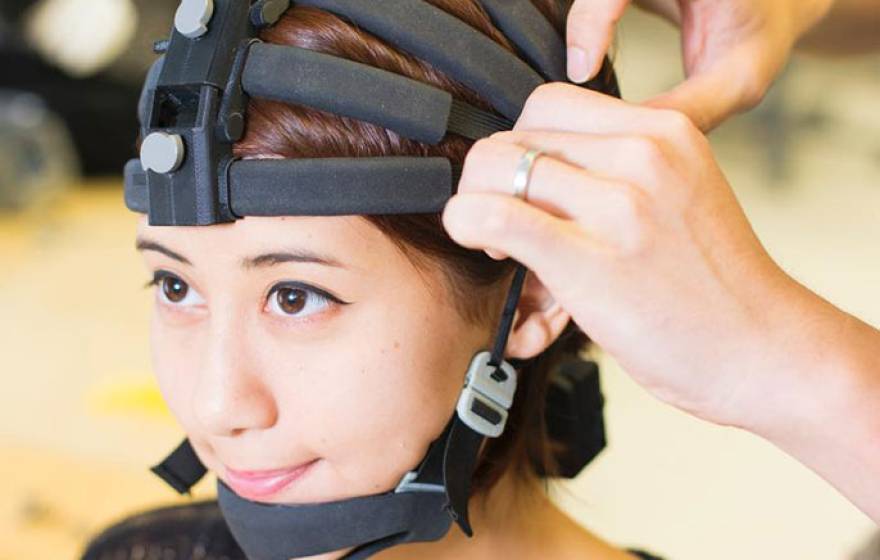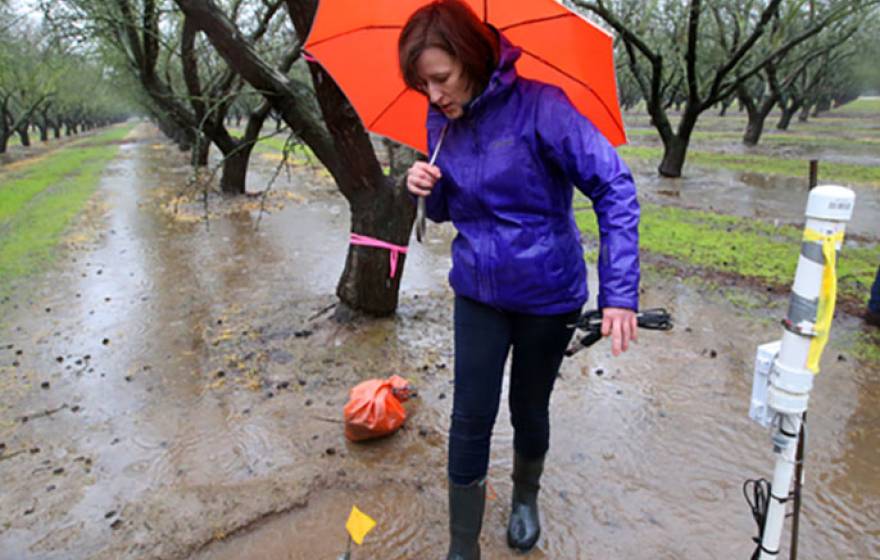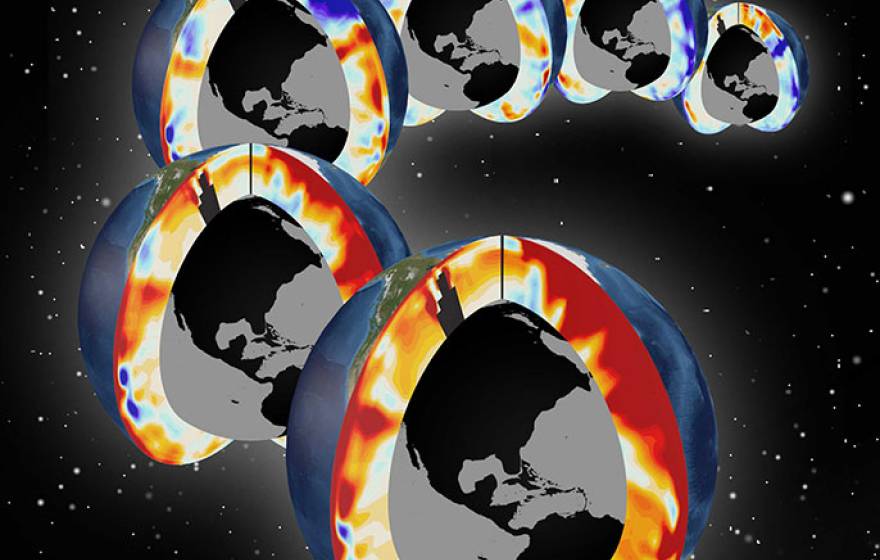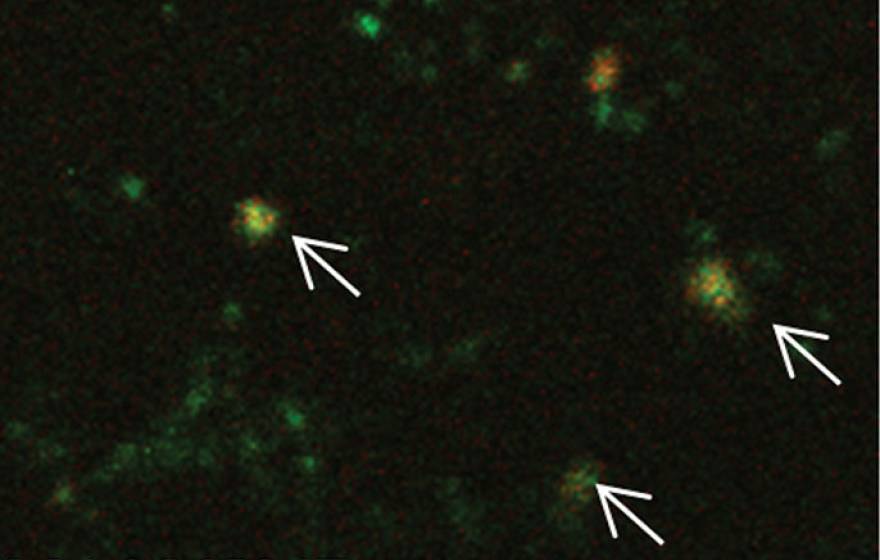Researchers find lessons in the surprising methods giant clams use for creating white coloration.
Bioinspired technology at UC Santa Barbara
New photosynthesis model holds promise for crop yields
Lawrence Berkeley National Laboratory shows that plants can turn light into energy faster than previously thought possible.
Zebra stripes not for camouflage, new study finds
Research from a UC Davis scientist disputes long-held explanations for the animal's signature coloring.
Documenting the Now: archiving social media for generations to come
UC Riverside helps develop a Mellon-supported app to preserve social media activity during significant events.
UCLA biologist helps lead search into dogs' origins
A new international project tests ancient DNA to finally settle the question of where dogs come from.
Type with your brain: future tech ditches keyboard
Two devices developed by a UC San Diego team could take neuroimaging to the next level.
A mixtape for treating dementia
Researchers at UC Davis are studying whether a personalized list of favorite songs reduces dementia patients' need for medication.
UC Davis scientists flood farms to replenish aquifers
Winter rain being rerouted to test viability as a groundwater banking strategy.
13 UC Davis discoveries that changed the world
Research helps ag, environment and health.
Study shows global ocean warming has doubled in recent decades
Scientists find that half of the global ocean temperature increase since 1865 has occured over the past two decades.
Finding an answer to why some develop Alzheimer’s — and others don’t
First-of-its-kind UCLA nursing school study examines synapses to better understand progression of the disease.
Healthy salmon seeks same
How a UC San Diego and UC Berkeley alumnus' innovative breeding program is creating a brighter future for salmon in California.


